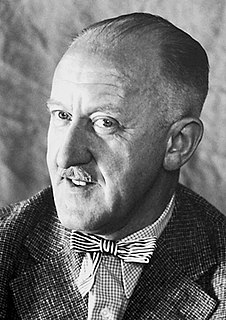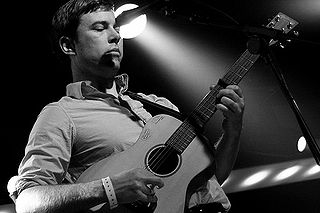A Quote by Paul Valery
...in song the words tend to lose their significance, do often lose it, while at the other extreme, in current prose it is the musical value that tends to disappear - so that verse stands symmetrically, as it were, between song, on the one hand, and prose on the other - and is thus admirably and delicately balanced between the sensual and the intellectual power of language.
Related Quotes
I'm often a little perplexed, when I read a review of a book, by the quotes that are pulled out as evidence of excellent prose. I don't think great novels are necessarily composed of great prose, or that there's a correlation between beautiful prose and the quality of a work of fiction. A really good, interesting novel will often let a little ugliness get into its words - to create a certain effect, to leave the reader with a certain sense of disorientation.
The definition of good prose is proper words in their proper places; of good verse, the most proper words in their proper places.The propriety is in either case relative. The words in prose ought to express the intended meaning, and no more; if they attract attention to themselves, it is, in general, a fault.
This was the first time that he has ever looked into the labyrinth of the human soul. He was very far from understanding what he saw. But what was of more value, he felt and suffered with her. In years that were yet to come, he relived this memory in song, in the most beautiful song this world has known. For the understanding of the soul's defencelessness, of the conflict between the two poles, is not the source of the greatest song. The source of the greatest song is sympathy.
I often encountered books by academics and others who had not actually done what they had written about. They tend to create artificial simplicity; their prose doesn't have the vigor of "lived words." On the other hand, many practitioners lack the context or introspection to make their experiences and understandings transferable - and, in our time, many don't actually write the books they "author." My ideal is to unify theory and practice.
Prose-it might be speculated-is discourse; poetry ellipsis. Prose is spoken aloud; poetry overheard. The one is presumably articulate and social, a shared language, the voice of "communication"; the other is private, allusive, teasing, sly, idiosyncratic as the spider's delicate web, a kind of witchcraft unfathomable to ordinary minds.





































